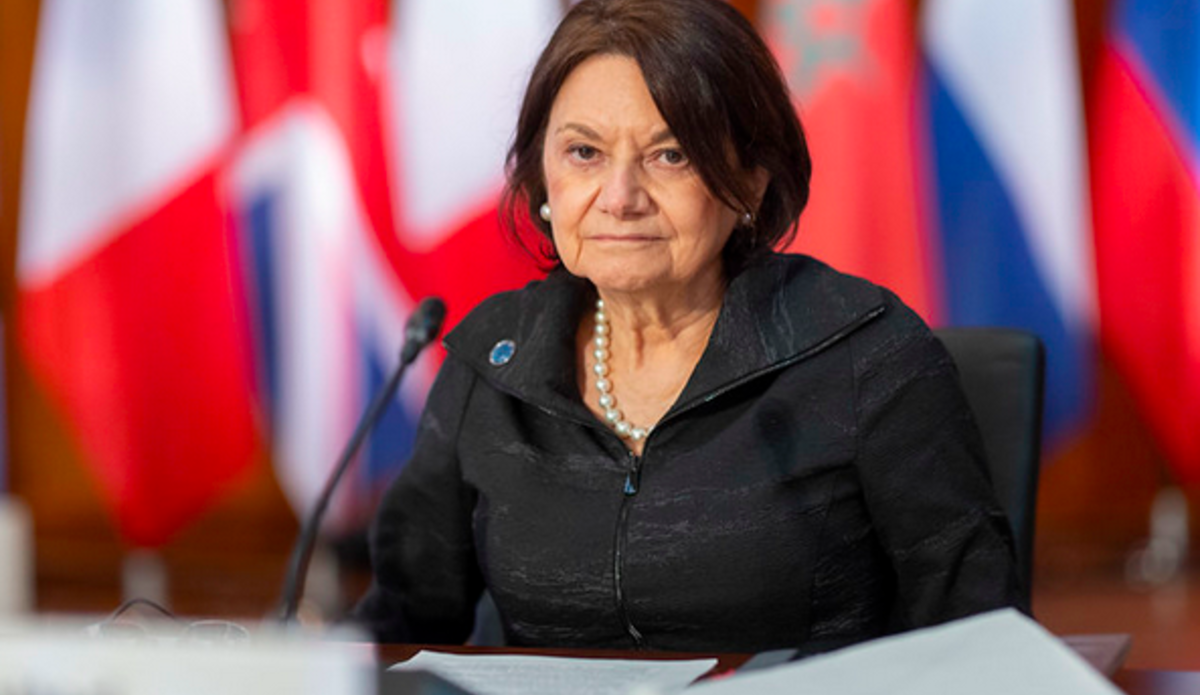Thank you, Minister Maas. First let me express appreciation to the Federal Republic of Germany for hosting the Second Berlin Conference on Libya, and thank Germany for its leadership of the Berlin Process in support of the Libyan people. The United Nations is pleased to co-convene
We are very pleased that representatives of Libya, Prime Minister Dabeihba and Foreign Minister Mangoush joined us for this session and thank them for sharing their views on Libya’s transition and for their requests to the international community, which we will do our best to honor.
---
Libya has made significant progress since the first Berlin conference in January 2020:
- the agreed on 23 October ceasefire is holding;
- a political Roadmap agreed by the Libyan Political Dialogue Forum resulted in the formation of a new interim, unified executive authority;
- and Libyans have committed to holding national elections by 24 December 2021.
On the way forward, elections will be crucial. They respond to the overwhelming desire of the Libyan people to reinforce and consolidate the independence, sovereignty, territorial integrity and national unity of Libya.
The United Nations is providing technical assistance to Libyan authorities on the conduct of these elections. It is critical to ensure the full, equal and meaningful participation of women and youth in the elections as candidates and voters, as well as to enable the full participation of Internally Displaced Persons.
---
Regarding the ceasefire agreement, the United Nations looks forward to deploying monitors in support of the Libyan-led and Libyan-owned Ceasefire Monitoring Mechanism.
It is critical to implement all provisions of the ceasefire agreement, including the departure of foreign forces and mercenaries, who are a scourge not only on Libya, but on the entire subregion.
Member States and regional organizations must apply and enforce the arms embargo on Libya and assist Libya in controlling and managing its borders.
---
Further, we welcome the Presidency Council’s establishment of the High National Reconciliation Commission, especially its focus on community-level engagement with the rights of victims central to the process. These efforts are critical for sustainable peace.
The United Nations, together with the African Union, looks forward to supporting the implementation of a Libyan-led and Libyan-owned rights-based process on reconciliation and transitional justice.
---
The level of participation in today’s meeting demonstrates the regional and international commitment to peace and stability in Libya.
I would like also to pay tribute to the work and the dedication of my colleagues in the UN Support Mission in Libya. Under the able leadership Special Envoy Jan Kubis, they have played an important role in getting us where we are today.
As Secretary-General Antonio Guterres stressed in his message to the conference, the United Nations by the Libyan people in their efforts to achieve an inclusive, democratic society for all Libyans.
Thank you.

